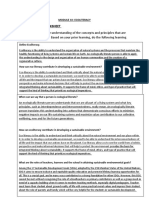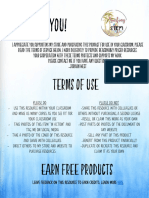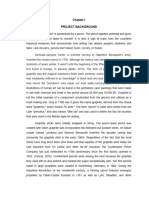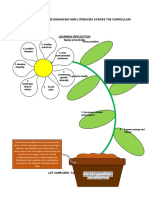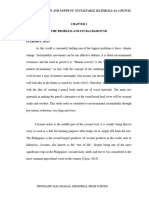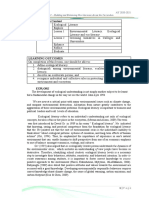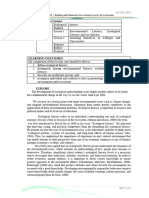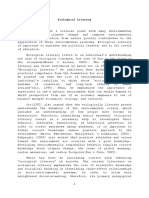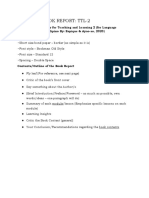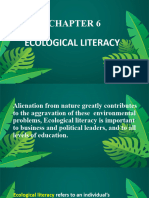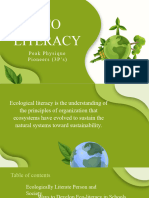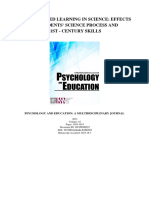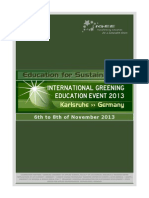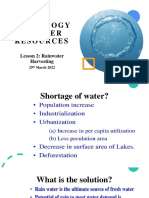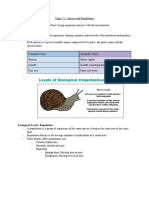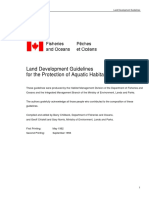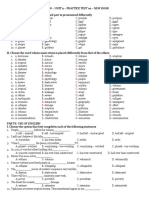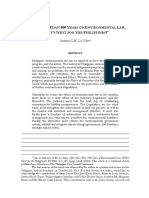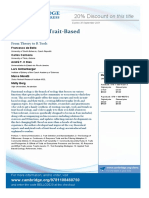MOTHER MARGHERITA DE BRINCAT CATHOLIC SCHOOL, INC.
Kamias Road, Brgy. Tucop, Dinalupihan, Bataan
Email Address: mmdbcs.principalsoffice@gmail.com/ mmdbcs.recordsoffice@gmail.com
Facebook Page: The Brincatians
“Peace and Good through Quality Education”
INTRODUCTION
In the world of stationery, the classic wood pencil has always been a staple, known for its
simplicity, usefulness, and accessibility. But beneath its familiar appearance lies a story of
environmental effects that we can no longer ignore.
One of the objects used every day is the traditional wood pencil, a tool that has a long history of
being made using materials such as wood and graphite. These objects, made from trees cut from
forests, have a significant impact on nature. The process of getting the wood for these pencils
leads to deforestation, habitat loss, and harm to biodiversity. Additionally, making these pencils
requires a lot of energy, which contributes to greenhouse gas emissions and worsens
environmental problems. But the issues don't stop there. Even after we've used a wood pencil, it
adds to our waste problem. From the leftover bits of wood created during production to the
pencils we toss out when they're too short to use, traditional pencils contribute to the growing
amount of waste in our landfills.
In today's world, there's a growing emphasis on finding eco-friendly alternatives for everyday
items to lessen the impact on the environment, and that is the potential use of materials from
agricultural products that are rarely used, particularly rice husks and coconut husks, as creative
substitutes for traditional wood in pencil making. These materials, often overlooked and left to
degrade after harvesting, possess properties that make them ideal for making sustainable pencils.
Rice husks, abundant from rice milling, offer structural strength similar to wood, while coconut
shells, leftover from coconut processing, provide durability for writing instruments.
The Eco-Pen is a new kind of pen made from rice hulls and coconut shells, materials that would
otherwise go to waste. By using these renewable resources, the Eco-Pen offers a solution that's
better for the environment while still being practical and affordable. However, there's still much
to learn about how effective these pens can be in reducing our environmental impact.
This research aims to look closely to see if Eco-Pens could be a more sustainable alternative by
examining the importance and potential of utilizing alternative materials in pencil manufacturing.
Ultimately, the goal is to contribute to discussions about sustainable material innovations,
offering practical solutions to reduce reliance on limited resources and minimize environmental
harm.
Our Mission
Our Vision
To create a safe and caring environment where students can fully express themselves while
We are a Catholic School providing holistic quality education to
developing values, positive attitudes and skills which will enhance their talents.
equip young students to be well-prepared in life.
To foster a Catholic Education that will transform students into mature and faithful Christians.



